
Kama Godek’s Philosophy: Healthy Horses Win Big
Wilmington, Ohio – Kama Godek continued her winning ways at World Equestrian Center – Wilmington Winter Classic III, adding a...
» View Article
Wilmington, Ohio – Kama Godek continued her winning ways at World Equestrian Center – Wilmington Winter Classic III, adding a...
» View Article
Sibelius finishes in the top 10 in dressage and freestyle at the 2025 Thoroughbred Makeover. Sibelius yawned widely in his...
» View Article
Part 2: After winning $1.8 million on the racetrack, Sibelius is heading to the 2025 Thoroughbred Makeover. When Sibelius left...
» View Article
Part 1: After winning $1.8 million on the racetrack, Sibelius is heading to the 2025 Thoroughbred Makeover. From the moment...
» View Article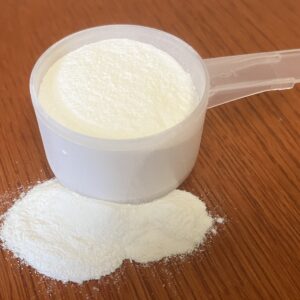
Take our 15-question quiz to see how much you know about the important nutrient vitamin E and horses. Vitamin E...
» View Article
This article on endocrine disorders is written by Jane Manfredi, DVM, MS, PhD, DACVS-LA, DACVSMR (Equine), PGDIP Vet Med Ed Endocrine...
» View Article
Bound for the Lexington CCI4*-S, Lisa Barry and Rosie’s Aventadora overcame early challenges and have blossomed into a solid four-star...
» View Article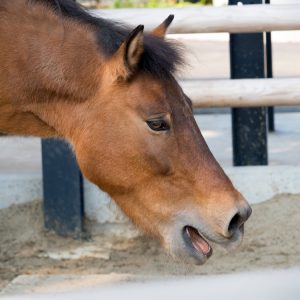
Horses, like people, do cough occasionally. But if your horse is coughing persistently and has symptoms like nasal discharge and...
» View Article
Returning to the Handy Round of the $15,000 Kentucky Performance Products USHJA National Open Hunter Derby on top, Kristjan Good...
» View Article
A small mare with a big personality and lots of speed earned the top prize in the $30,000 Kentucky Performance...
» View Article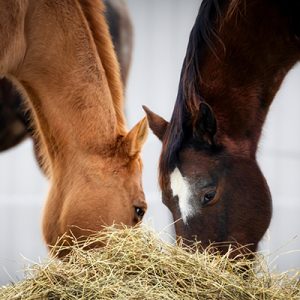
With cold weather underway in different parts of the country, many horse owners report a familiar phenomenon during the winter....
» View Article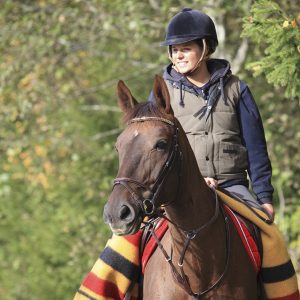
Arthritis—inflammation in horses’ joints—is a common condition affecting many equine athletes, particularly senior horses, who also can have chronic, low-grade...
» View Article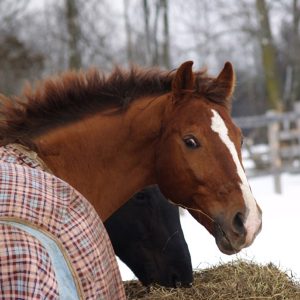
As you continue to care for your equine companion through the seasons, it’s important to adapt your horse care approach...
» View Article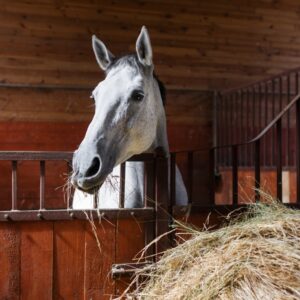
Caring for your equine partner is a year-round commitment that requires regular adjustment to their changing needs. When the weather...
» View Article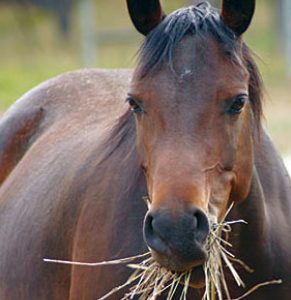
As the seasons shift, a horse’s dietary needs also change. Whether you’re preparing a horse for the colder months or...
» View Article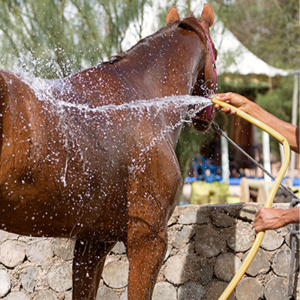
You can take a look at your horse and have an idea whether they’re thin or fat or just about right, to your eye. But it’s important to know (and monitor) your horse’s weight more accurately than “eyeballing” it.
» View Article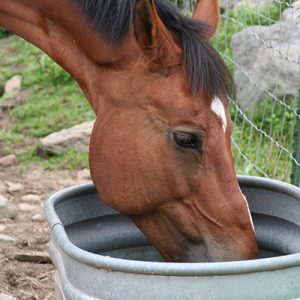
When horses exercise, they lose significant amounts of electrolytes through their sweat. Electrolyte loss can be further exacerbated during hot weather or strenuous exercise. If these electrolytes are not replenished, it can lead to electrolyte imbalances and dehydration.
» View Article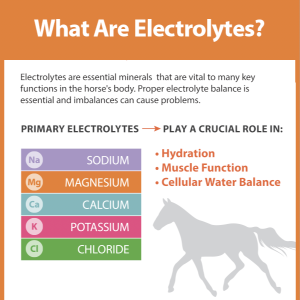
Electrolytes are essential minerals that are vital to many key functions in the horse's body. Proper electrolyte balance is essential and imbalances can cause problems. Everyday feeds contain some electrolytes, but not always enough to meet your horse’s needs. Most forages are considered insufficient in sodium and only marginal in chloride.
» View Article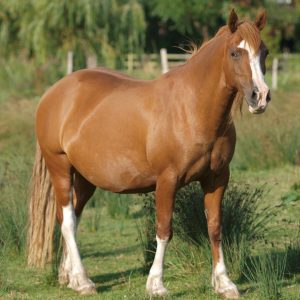
Knowing how much your horse weighs is important, but body condition is a key factor in determining how fit they are. Body condition measures the level of both fat and muscle in the horse’s body.
» View Article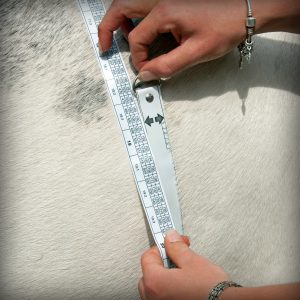
You can take a look at your horse and have an idea whether they’re thin or fat or just about right, to your eye. But it’s important to know (and monitor) your horse’s weight more accurately than “eyeballing” it.
» View Article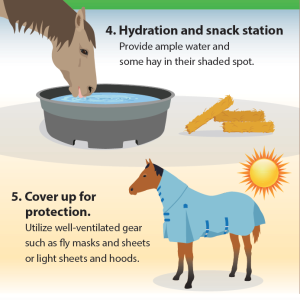
Summer is a great time for horses to enjoy the outdoors, but it also brings unique challenges. Here are seven essential tips to ensure your horses stay healthy and happy during their summer turnout:
» View Article
Walking won’t cure colic and it isn’t always in your horse’s best interest (or yours) to walk him for hours and hours.
» View Article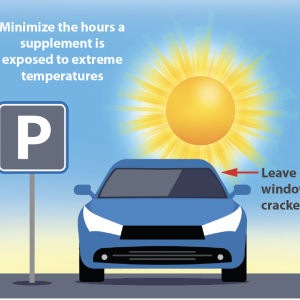
How a supplement is affected by temperature depends on the formulation of the supplement. Typically powders and pellets tend to be more …
» View Article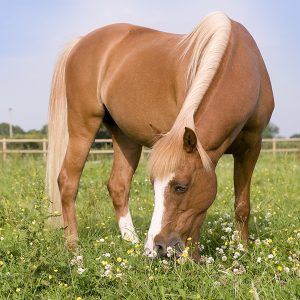
Excessive salivation in a horse can be dramatic when it appears as a bubbly or foamy mouth with strings of drool leading to a puddle on the barn floor.
» View Article
"*" indicates required fields